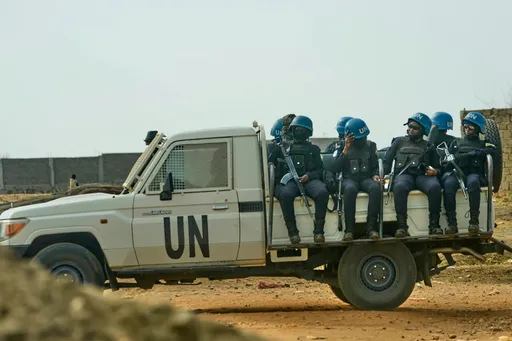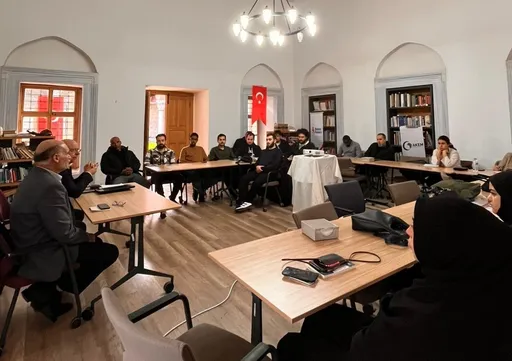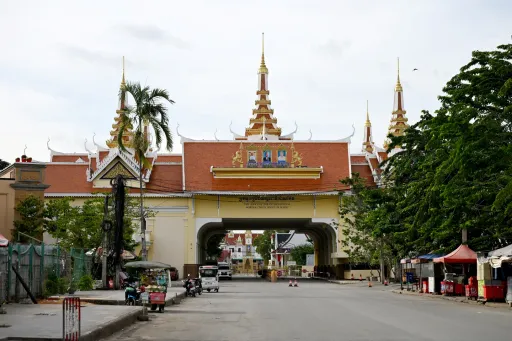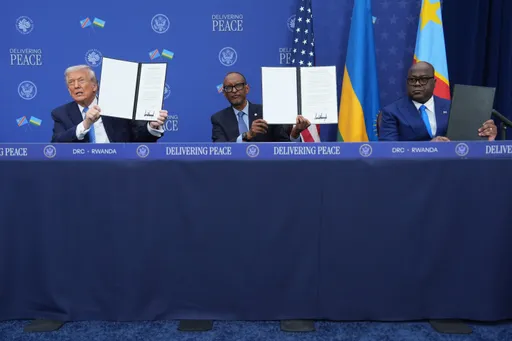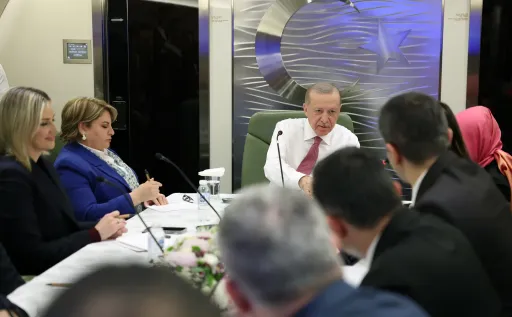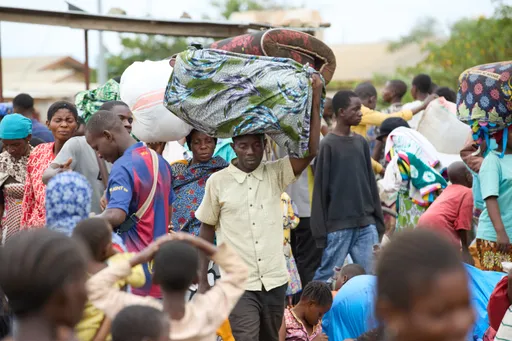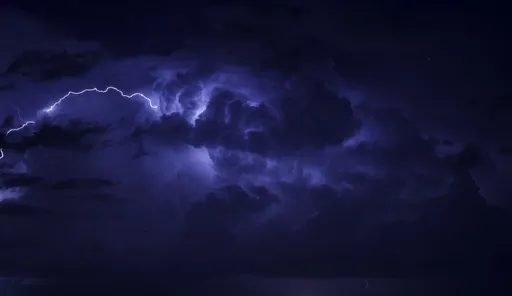Nigeria is grappling with a contentious 50% increase in telecommunications tariffs, a move that has ignited a fierce showdown between the government and labour unions.
The Nigerian Communications Commission (NCC), Nigeria’s telecoms regulator, approved the hike in January, citing soaring operational costs for telecom operators, driven by factors like inflation and the devaluation of the naira.
The Nigeria Labour Congress (NLC), representing millions of workers, had slated a February 4 demonstration after rejecting the tariff increase by the telecoms regulator—the first such rise in over a decade—but announced the strike was suspended on Monday night.
“Nigeria's largest labour union has suspended a planned nationwide protest against a 50% hike in telecommunications tariffs and will negotiate with the government to resolve the dispute within two weeks,” both sides said on Tuesday.
NCC approved the increase in mobile tariffs after pressure from operators struggling with surging costs amid high inflation and currency devaluation.
As of January 2024, Nigeria registered 103 million internet users, which corresponded to about half of the total population, research website Statista reports.
“The adjustment, capped at a maximum of 50% of current tariffs, though lower than the over 100% requested by some network operators, was arrived at taking into account ongoing industry reforms that will positively influence sustainability,” NCC said in a January statement.
The Managing Director of one of Nigeria’s leading telecom operators, MTN Nigeria, Mr. Karl Toriola, told local Nigerian radio station, Nigeria Info FM, the company’s growth in revenue of over 30% in the first quarter of 2024 was wiped out by a surge in operational costs.
Toriola explained that operational costs jumped to a staggering 96%, primarily driven by the escalating prices of diesel, which have spiked from N200 ($0.13) a litre to over N1,200 ($0.80) in recent years.
The surge in energy costs, coupled with the dollar-denominated expenses for equipment and maintenance, has also pushed other telecom companies to the brink.
Daddy Mukadi, Chief Regulatory Officer of Airtel Africa, another telecom operator with vast services in Nigeria, said high energy costs have dealt telecom companies the strongest blows.
“Changing from diesel to hybrid generation using solar costs a lot. Before the devaluation, the payback to investors was year nine, but now the payback is around 13 years. Investors don’t want to wait that long to get their returns,” Mukadi said.
But critics question whether a 50% hike is justified.
The labour union has called it "insensitive" with a potential to "exacerbate poverty" and threatened a telecom service boycott unless the government engaged in talks.
The tariff dispute underscores broader tensions over living costs in Africa's most populous nation, where President Bola Tinubu's economic reforms, including fuel subsidy cuts, power hikes, and currency devaluations, have worsened financial strain.
The NCC says it recognises the “financial pressures faced by Nigerian households and businesses and remains deeply empathetic to the impact of tariff adjustments.”
NCC also mandated the telecom operators implement these adjustments “transparently and in a manner that is fair to consumers.”
Following talks late on Monday, the NLC and government agreed to form a 10-member committee with equal representation to review the hike and to propose solutions by Feb. 17.
"The outcome of this committee will determine our next line of action in terms of protest, in terms of boycott, and in terms of even withdrawal of services," NLC President Joe Ajaero told reporters.
This episode underscores the delicate balancing act faced by the Nigerian government as it navigates economic reforms while ensuring social stability.
Both sides committed to a "stay action," halting further escalation pending the committee’s findings.
➤Click here to follow our WhatsApp channel for more stories.









